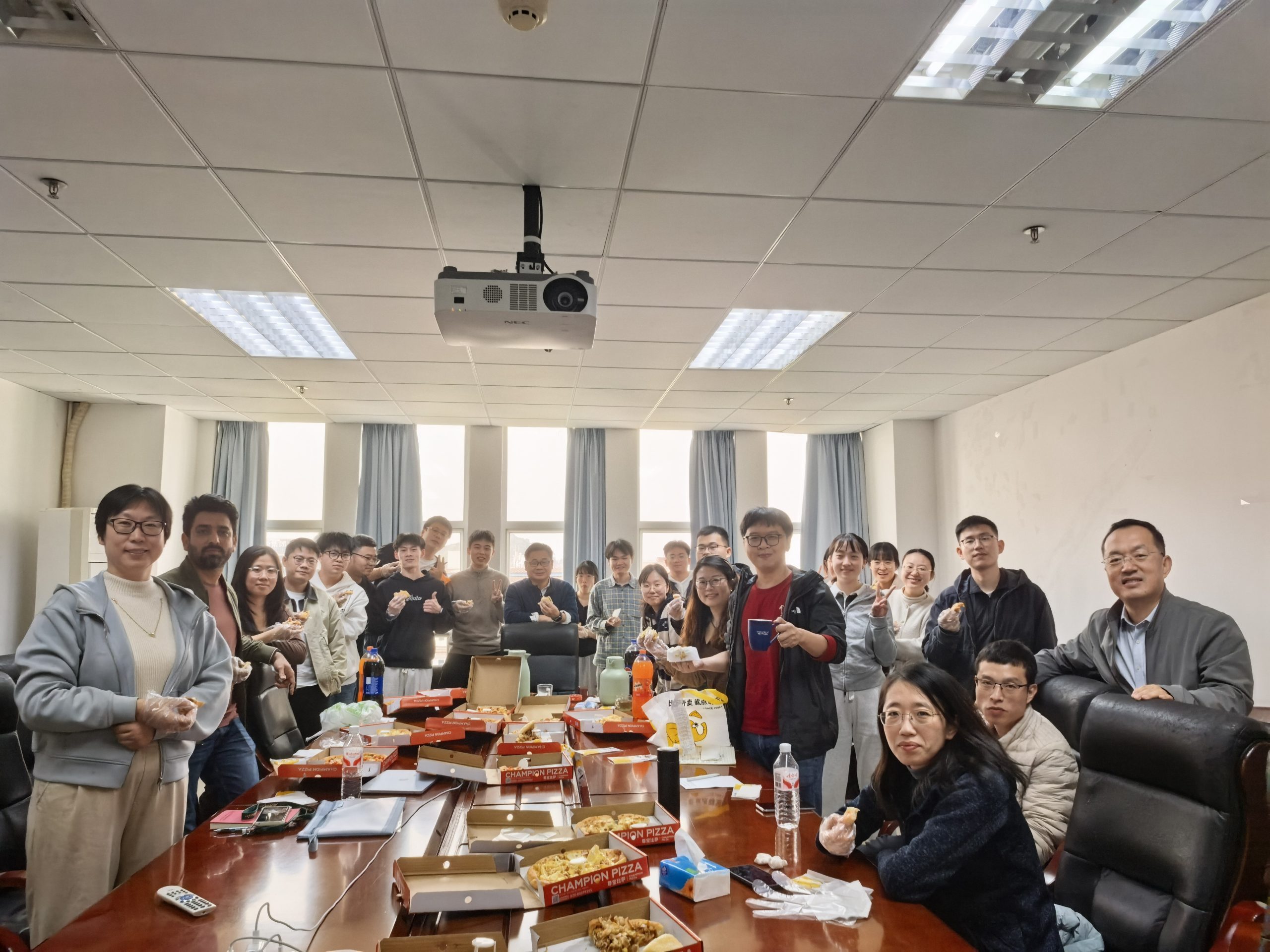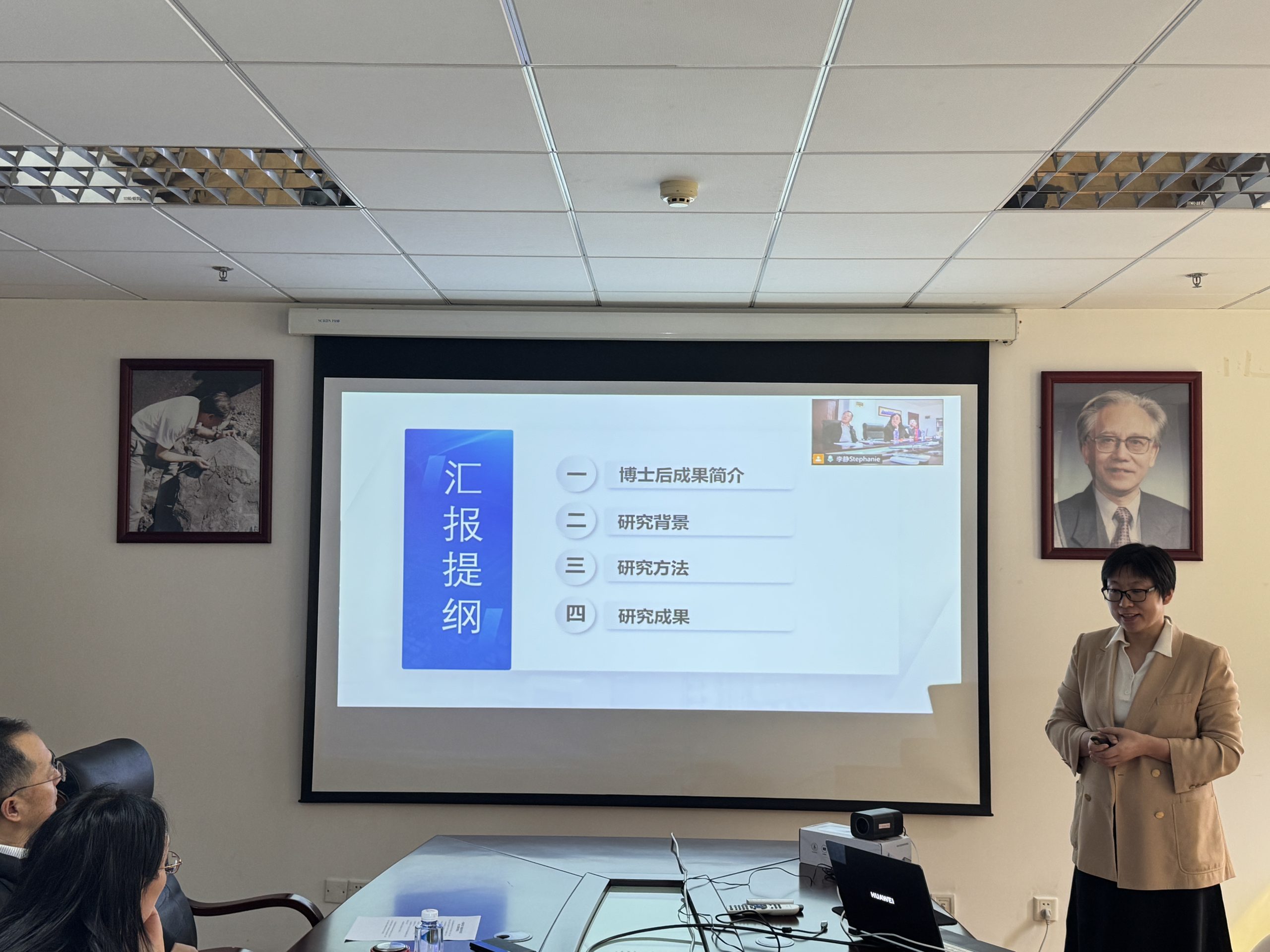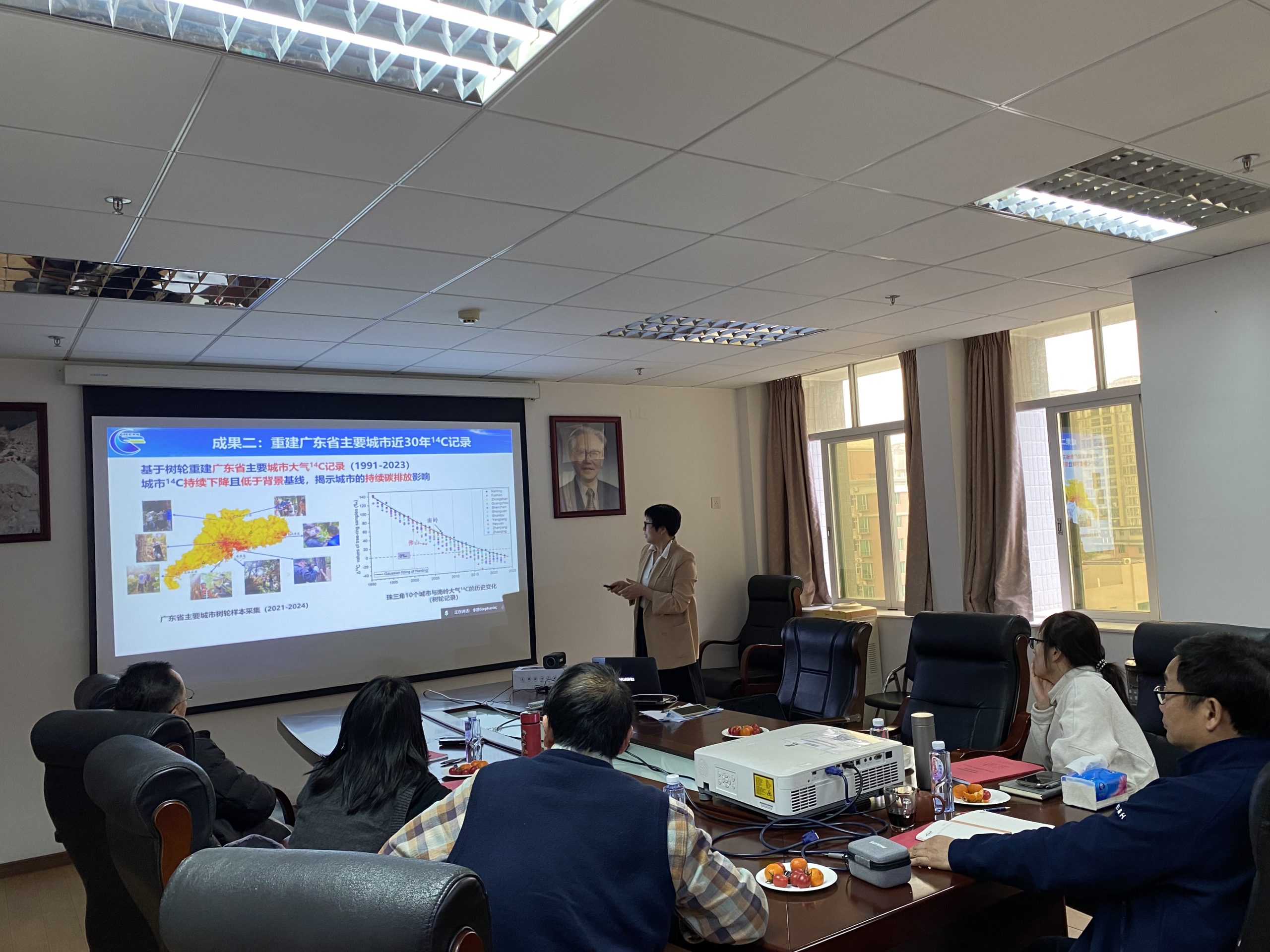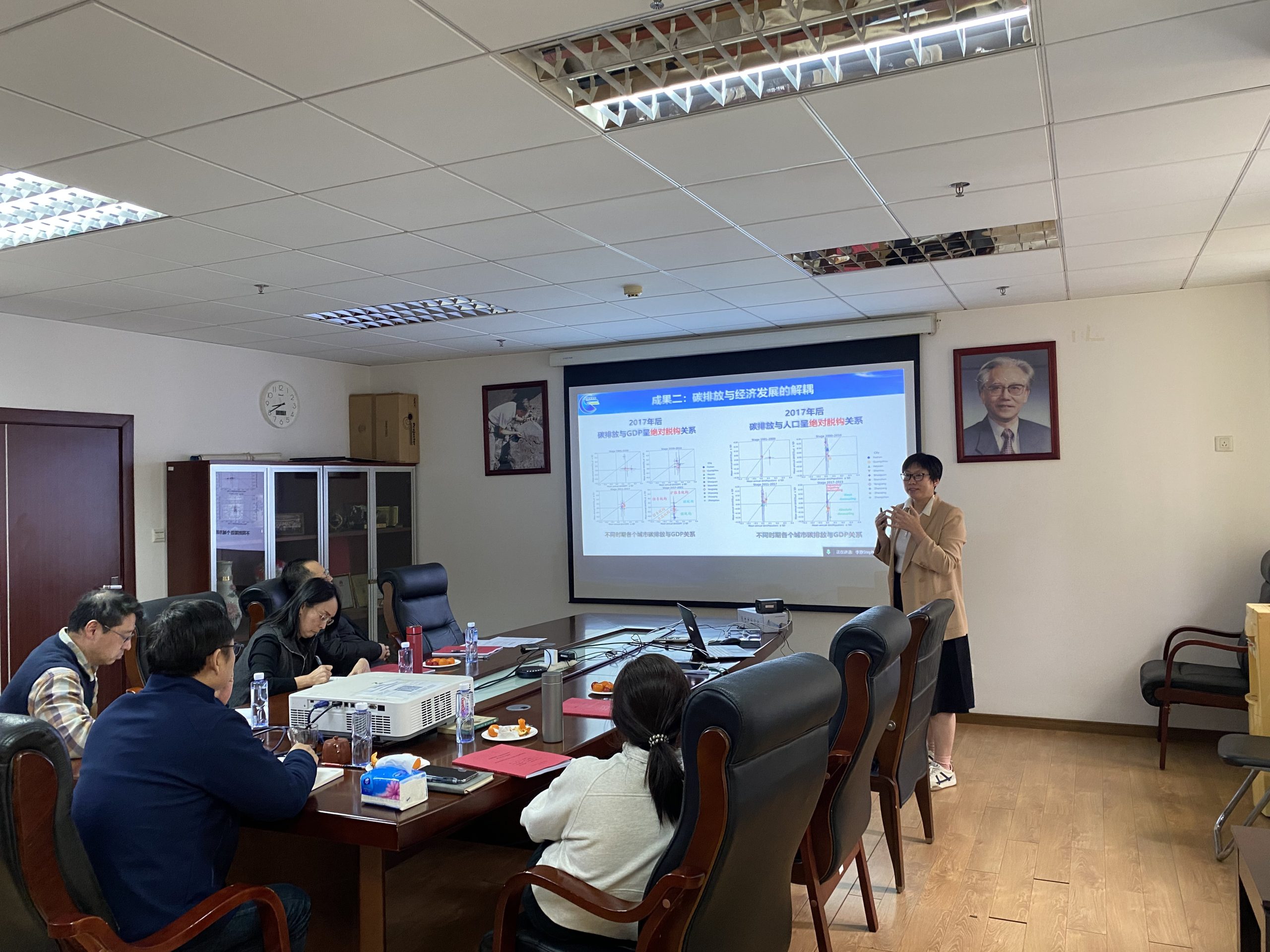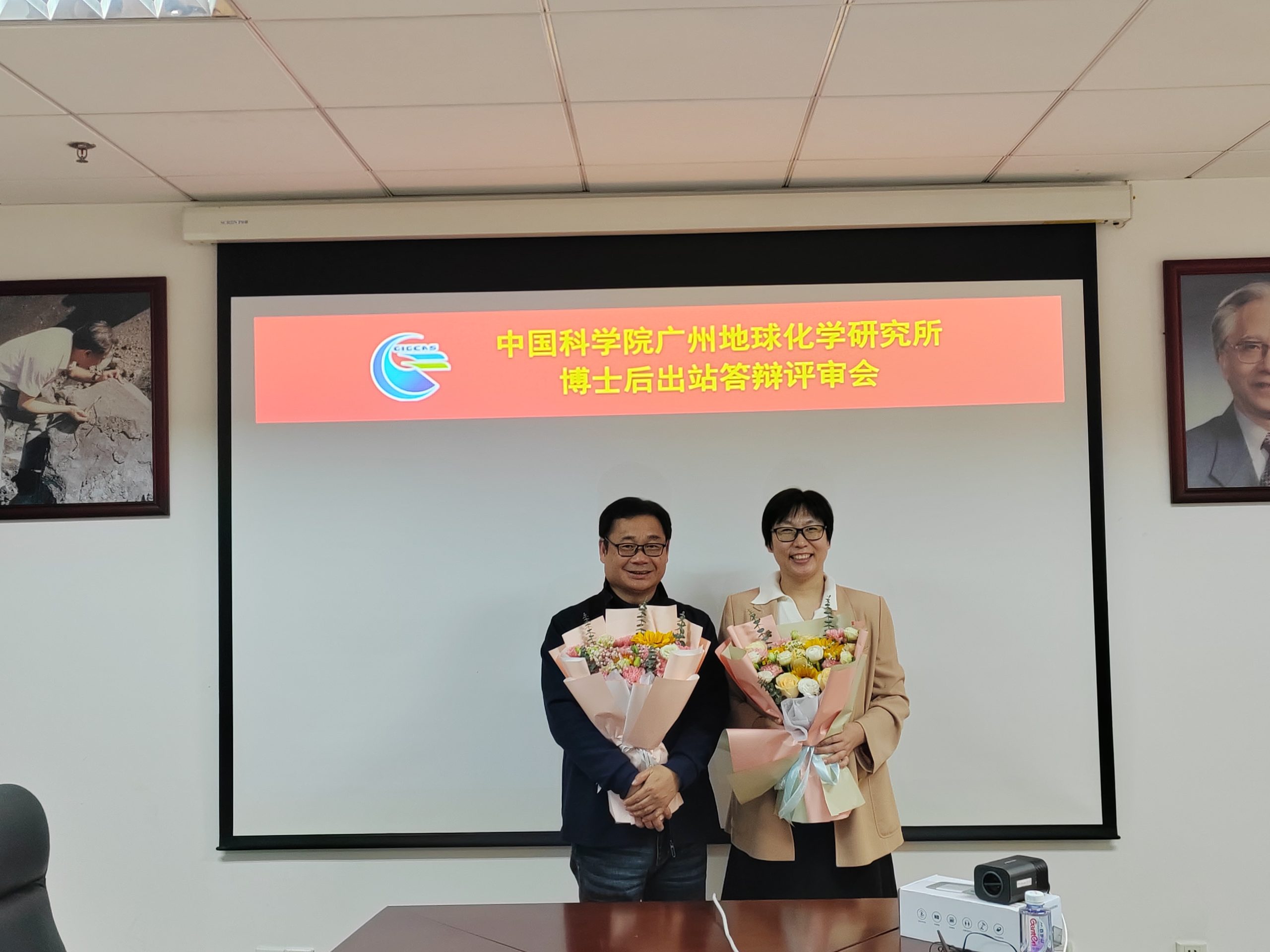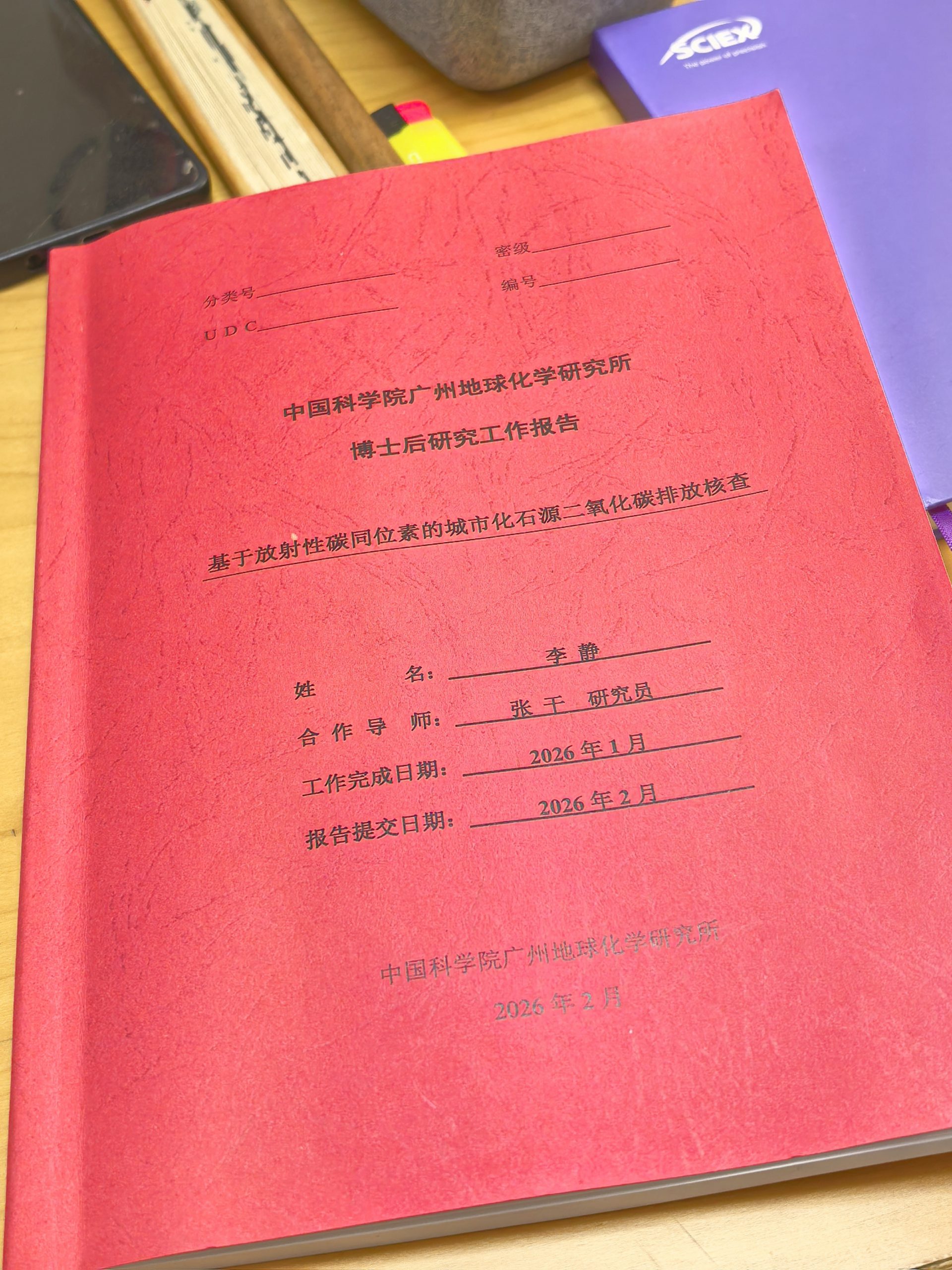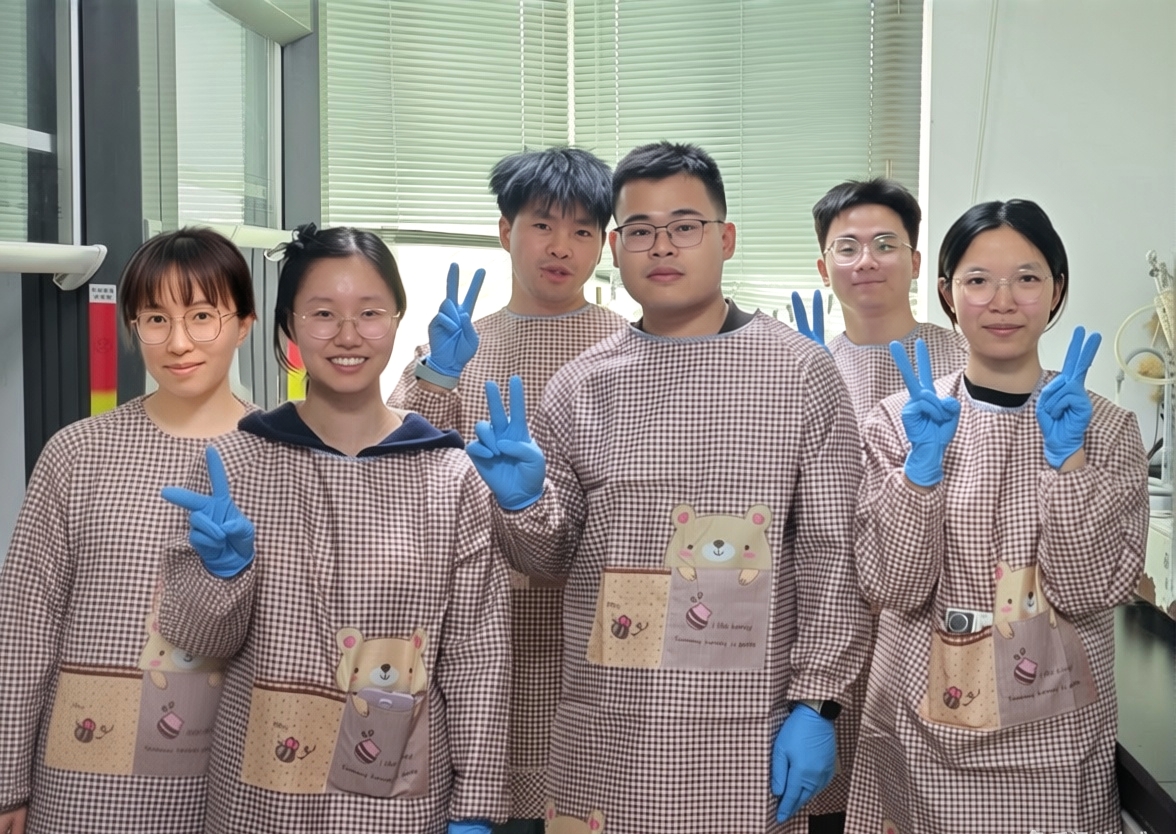On 11 February, Gan’s research group held its annual year-end group meeting, bringing together faculty members, postdoctoral researchers, and graduate students to review research progress and outline priorities for the coming year. The meeting served as an important platform for reflection, discussion, and strategic planning across the whole team.
During the meeting, group members presented concise updates focusing on four key aspects: (1) research objectives or core scientific questions addressed during the semester, (2) major substantive progress achieved, (3) existing challenges and proposed solutions, and (4) clearly defined and quantifiable targets for 2026. The presentations covered a wide range of topics related to black carbon, emerging atmospheric pollutants, micro- and nanoplastics, and environmental transformation processes, highlighting the group’s continued efforts in advancing interdisciplinary research.
In addition to research updates, the Air-Omics Team shared a short vlog documenting the annual fish sampling campaign, offering a behind-the-scenes glimpse into fish dissection and sample processing activities, and reflecting the strong collaborative spirit within the group.
We enjoyed a casual pizza lunch together, creating a relaxed atmosphere for informal discussion and further strengthening team bonds.

